WIP notes from reading The Strategy of Conflict by Thomas C. Schelling. Why this book? I wanted to see some real-world use of game theory in the writing of a classic.
Thomas Crombie Schelling (April 14, 1921 – December 13, 2016) was an American economist and professor of foreign policy, national security, nuclear strategy, and arms control at the School of Public Policy at University of Maryland, College Park.
Theory development
“We live in an age of exponential growth in knowledge, and it is increasingly futile to teach only polished theorems and proofs. We must abandon the guided tour through the art gallery of mathematics, and instead teach how to create the mathematics we need. In my opinion, there is no long-term practical alternative.” - Richard Hamming
The quote above opened my mind to the possibility of creating new frameworks of thought, new theories in the terms of which to reason about existing or emerging problems.
Abstract Formalities (a talk about Lean4) goes over formalization in math. I find some ideas to be relevant in theory crafting in general. A parallel can be drawn to theorizing in less rigorous domains (like the domain of human conflict). Creating the right definitions, introducing the right concepts, developing the right grammar is paramount.
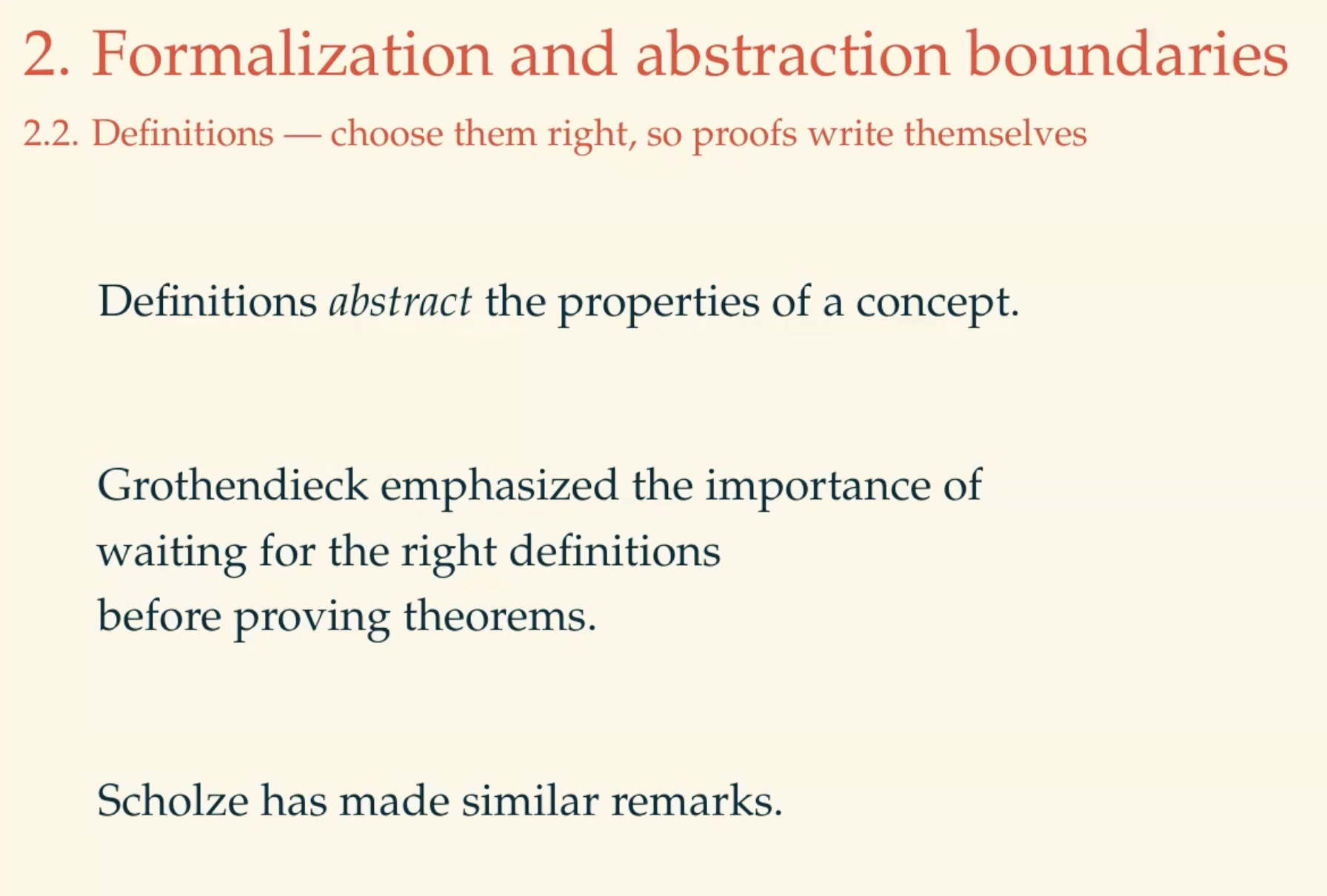
|
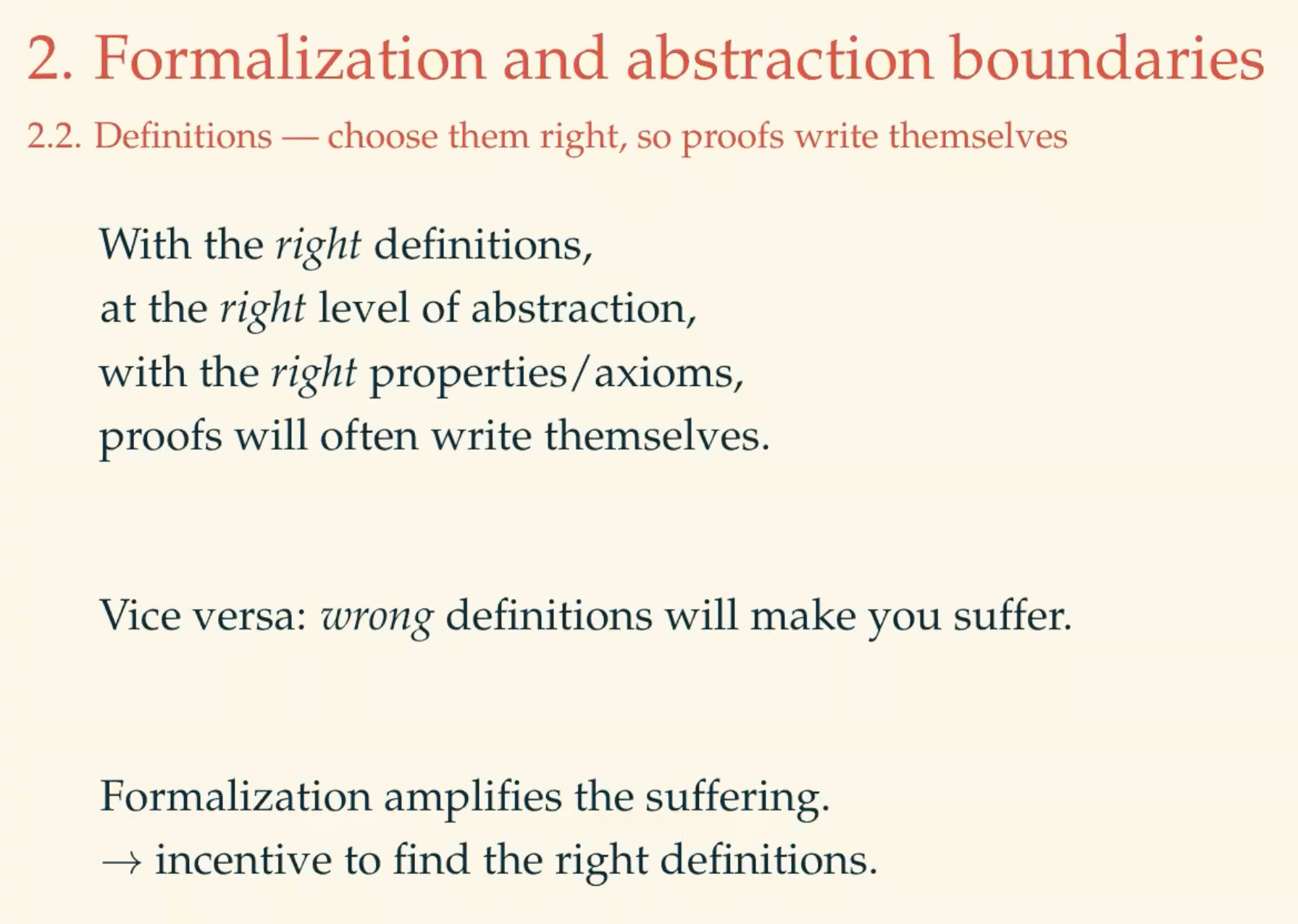
|
|---|
The Strategy of Conflict (TSOC) attempts to develop a theory of conflict. A framework in which to reason about conflict. He asks a few questions to guide the attempt (p.13).

Formalizing, studying in the abstract and identifying analogies in other contexts.
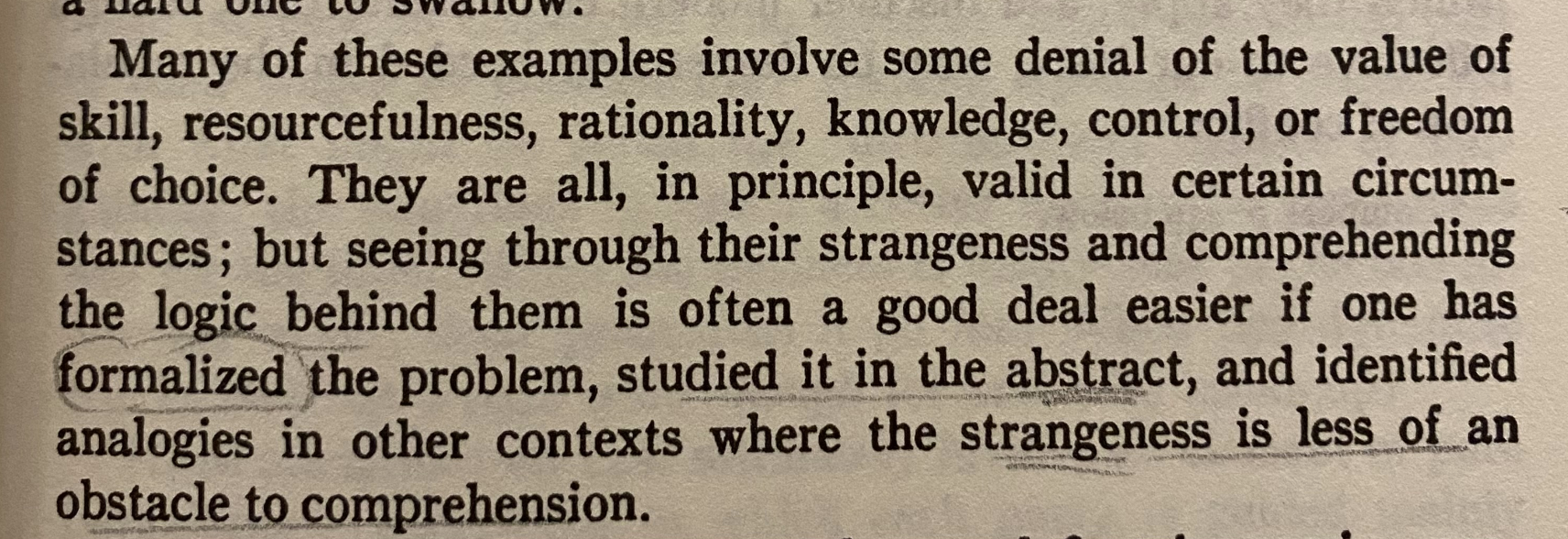
Bargaining
Neither party has an interest in the total destruction of the other. Compromise is a better alternative than no deal.
Skill in negotiation lies in: setting the stage. Creating the definitions. Choosing the advantageous formulation of the problem.

-
Tacit bargain: requires coordination in form of clues in the environment, domain
- Hints, intuitive alternatives have to be: Proeminent, Unique, Simple, have a Precedent, generally differentiated.
-
Explicit bargaining: involves speech. Requires coordination of a different type - coordination of participants EXPECTATIONS.
-
Coordination of expectations: some means - intuitive hints - that lead to common expectations. Eg. Meet at the bridge, retreat up to the river, choose A, choose 50-50.
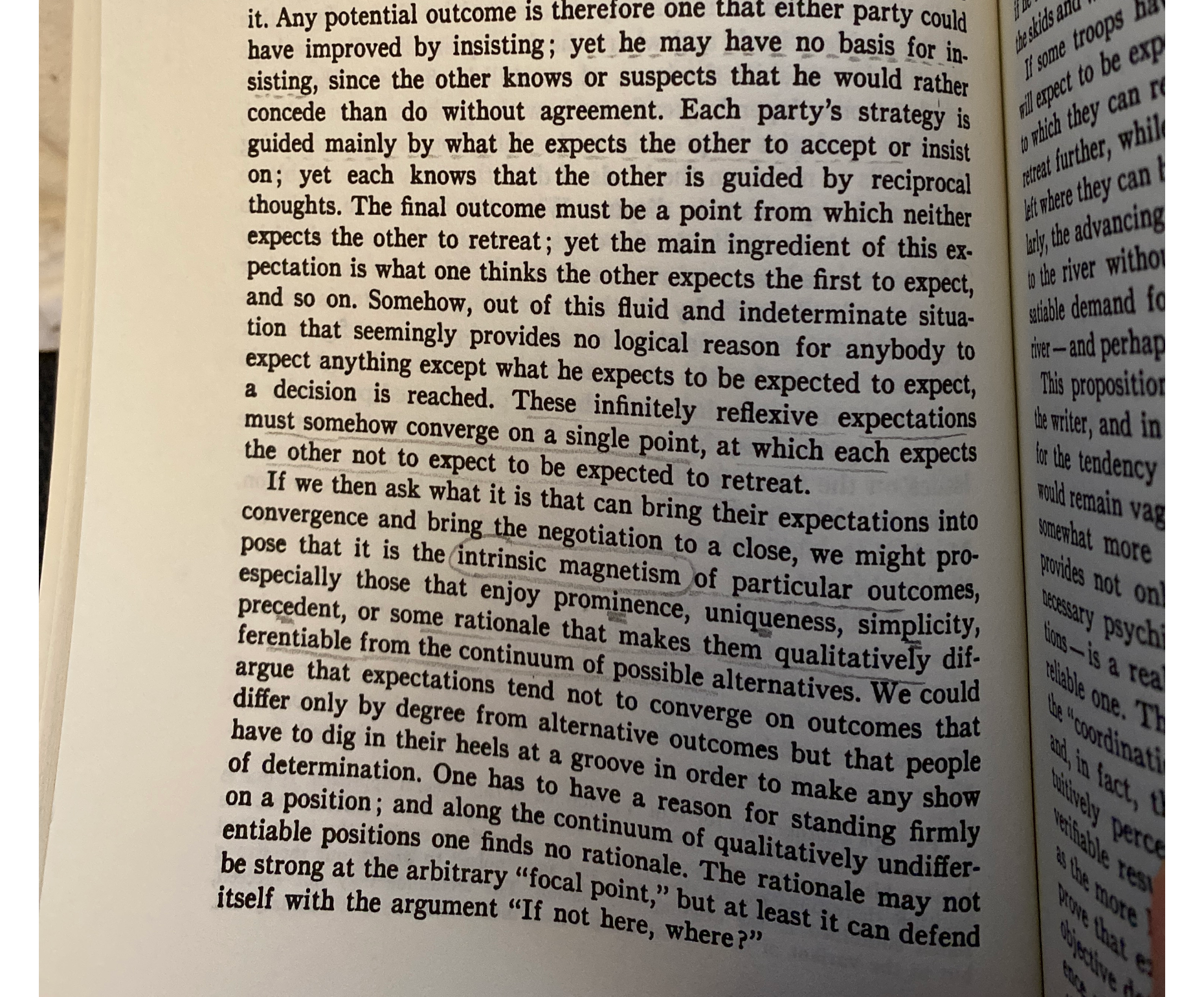
Toward a theory of Interdependent Decision
The mixed motive game also referred to as the bargaining game.

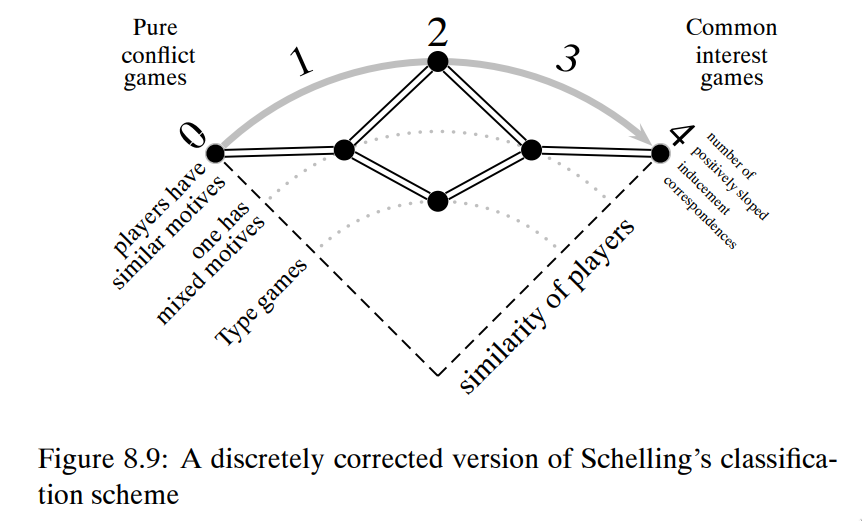 – The Topology of the 2×2 Games: A New Periodic Table
– The Topology of the 2×2 Games: A New Periodic Table
TODO introduce yellow notebook notes from the book please
- “Theory of Incomplete Antagonism” (p.15) assumes conflict in varying degree, while sustaining mutual interest.
- Rationality: irrationality is not a 1-dimensional spectrum. It is a collection of attributes. Departure from rationality can be in many independent directions.
…… TODO still….. GREAT NOTES! Keep up the yellow notebook!!